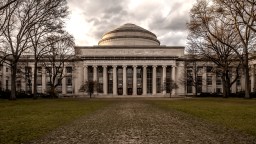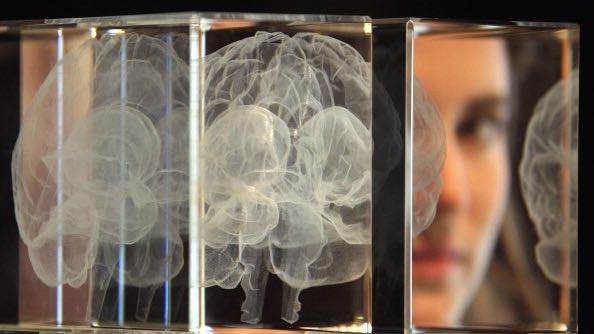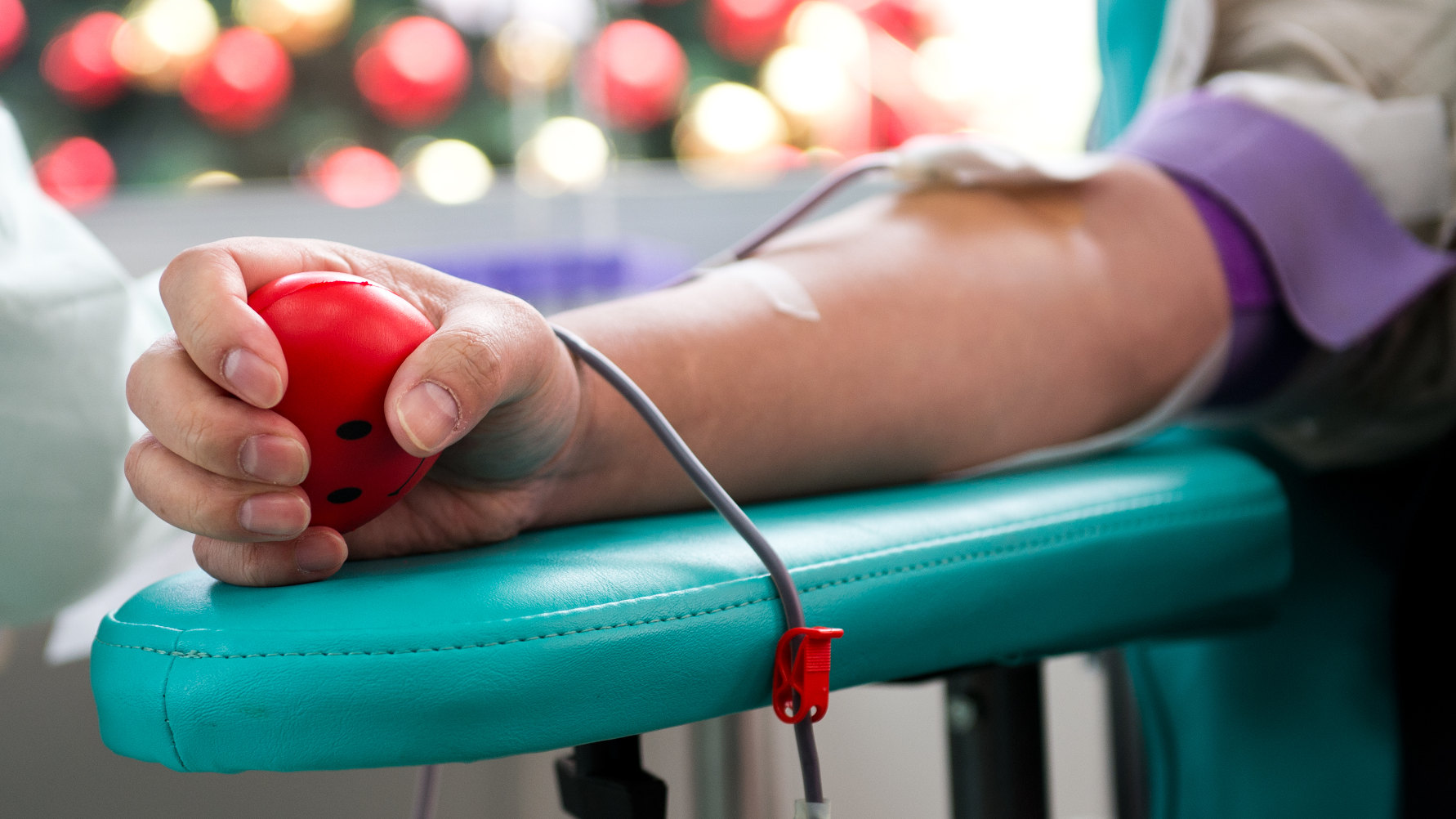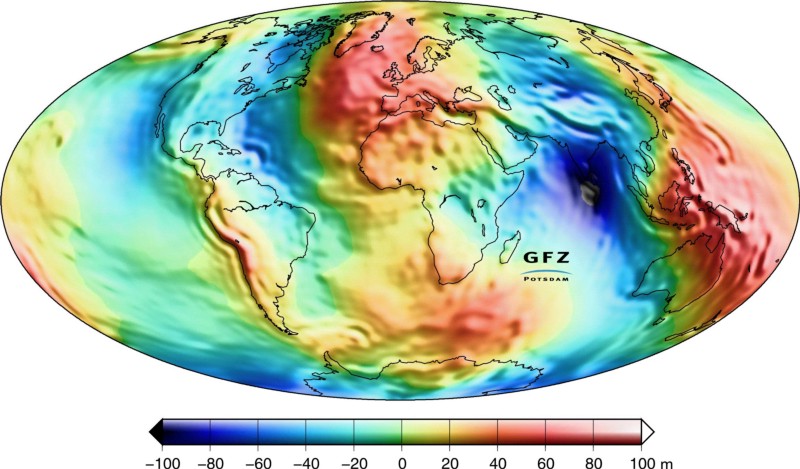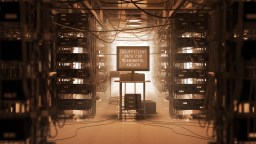Sometimes, it’s the most unexpected ingredients that give rise to the greatest results in the end. “The privilege of a lifetime is being who you are.” –Joseph Campbell When you […]
Search Results
You searched for: Systems
Ian Mitchell argues that alcohol may make you friendlier, but only to certain people.
How many cumulative hours have you wasted waiting for your chat partner to respond to you? A new program created by an MIT Ph.D. student offers an opportunity to make your instant message intermissions as productive as possible.
Birds can differentiate empty peanut shells from full ones — without even cracking them open.
Journalist Fareed Zakaria discusses the true cost of American higher education and the structural changes that must take place to correct an unsustainable trend.
▸
4 min
—
with
Today, anyone who is driven by a dream to solve a problem has the opportunity to change the world. This wasn’t the case in past eras.
How do you win a cyberwar against an Internet-savvy enemy like ISIS? One prominent researcher has suggested a troll-based battle strategy. That’s right: internet trolls. Could World War III be fought with memes?
The scattered toponyms that delight us by their unvarnished expression of downheartedness, defeat and despond.
By nature, humans are social creatures, which has led some researchers to suggest that’s why humans enjoy browsing Facebook when we want to unwind.
This isn’t the Matrix. Should you wish to face the ugly reality, there’s no red pill you can swallow.
Philosopher Slavoj Žižek points out several hypocrisies of political correctness while addressing how contemporary totalitarians construct social boundaries to control the population.
Writing is a recent innovation in the history of human evolution. So, how then is it that our brains organize this skill?
Worldwide, there is an annual net loss of 11 billion trees. Despite all reforestation efforts, this loss reflects the fact that while deforestation is a mechanized, rapid, and highly efficient process, reforestation, mostly done by hand, is a tiresome, laborious, and highly inefficient one.
The Universe was 99.999999% Hydrogen and Helium after the Big Bang. Billions of years later, there’s a new contender in town. “When it comes to atoms, language can be used […]
Mavens are defined as experts in their field, and identifying them can help businesses innovate and grow. So, researchers have developed a test to figure out whether someone is a maven.
An autonomous 18-wheeler has been given a license to drive the long stretches of open road that crisscross Nevada.
Feeling is a form of thinking. Both are ways of processing data, one is just faster. Daniel Kahneman’s mysterious coinages (System 1 and System 2) show how new language can help sidestep centuries of confusion.
Researchers are working on a method to transform every blood type into O — the universal-donor blood type.
It’s home to everything we’ve ever directly explored, but where did our Solar System come from? “When you look at the stars and the galaxy, you feel that you are […]
Image credit: © 2015 MotorTrend Magazine, via http://www.motortrend.com/roadtests/suvs/1110_mopar_underground_jeep_and_ram_run_wild_at_moab/photo_06.html. How gravity teaches us that the mountains we see extend far underground. “Journalists often ask me when I go to the field, […]
Comparing “astronaut” to “cowboy” ethics can show that Locke’s limits on liberty need to be revised. We once could see that pitting self-interest against collective self-preservation wasn’t rational. Me-opic and logically unworkable ideas that economics sometimes encourage have made that harder to see.
Modern technology has provided us with a seamless way of life, but we’ve also become accustomed to taking shortcuts.
Dishonesty in one domain doesn’t excuse hucksterism in another. Yet as long as healing remains a lucrative business, it’s going to remain a challenge weeding through the pretty designs and catchy slogans to find medicine that works.
Trivializing mental illness by making jokes on Twitter may not endear your followers to you.
Sure, they wiped out the dinosaurs, but do they really pose a risk to humans? “The oldest and strongest emotion of mankind is fear, and the oldest and strongest kind […]
The most important lessons about Earth come from looking outward. “We came all this way to explore the Moon, and the most important thing is that we discovered the Earth.” […]
Adults who were breastfed as babies tend to have higher intelligence, spend longer at school, and earn more income, regardless of their family’s social class.
If you’re self-employed or work in a job with irregular cash flow, it’s vital to dedicate yourself to a money management system that works for you.
Microsoft Senior Director of Search Stefan Weitz discusses the future of search technology.
▸
4 min
—
with
How we’re still, only now, just discovering the closest stars to Earth. “As a boy I believed I could make myself invisible. I’m not sure that I ever could, but […]



